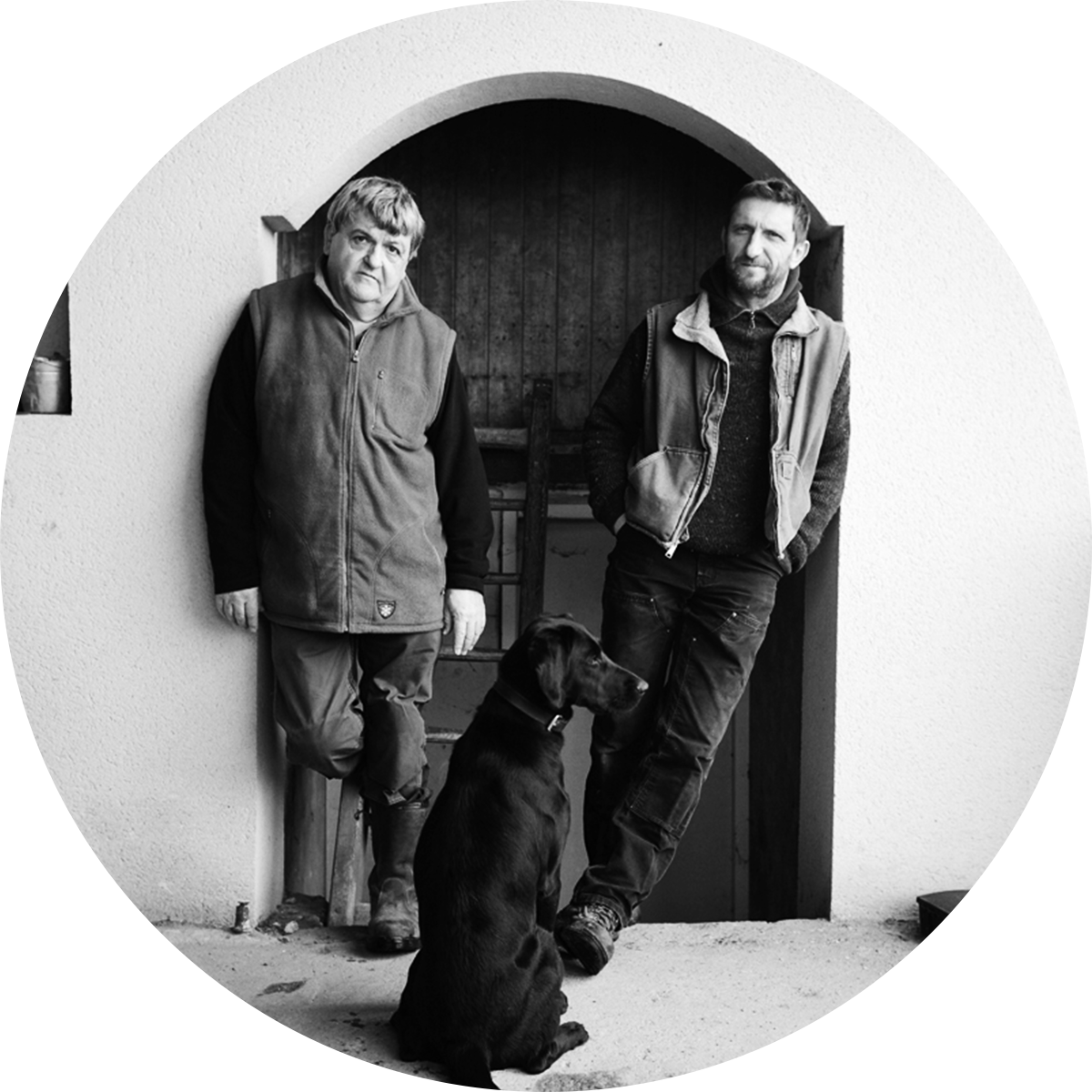CLOS DU TUE-BOEUF
ZOÉ & THIERRY PUZELAT
Cheverny & Touraine Loire Valley, France
"Being a winemaker to offer singular wines steeped in the terroir and climate that witnessed their birth" - Puzelat brothers
The winery story for the Puzelat brothers, Thierry and Jean-Marie, began in the 90s in the family estate, the Clos du Tue-Bœuf, located in Les Montils. In 1996, the duo decided to convert their vineyards to organic farming and removed all additives in the cellar. They are now at the heart of the natural wine movement and produce some of the most interesting Loire wines.The Clos du Tue-Bœuf estate includes 10 hectares of Cheverny and 4 hectares of Touraine, which are surrounded by forests, allowing them to maintain a balanced ecosystem
-
Example product title
Regular price HK$19.99Regular priceUnit price / per -
Example product title
Regular price HK$19.99Regular priceUnit price / per -
Example product title
Regular price HK$19.99Regular priceUnit price / per -
Example product title
Regular price HK$19.99Regular priceUnit price / per
BACKGROUND OF NATURAL WINE IN LOIRE VALLEY
Located in central France, the Loire Valley is renowned for its picturesque vineyards and historic winemaking tradition. Stretching along the longest river in France, the Loire, this region is celebrated for a variety of terroirs and for producing different wines - ranging from crisp whites to elegant reds and sparkling varieties. Popular grapes cultivated here include Chenin Blanc, Sauvignon Blanc, Cabernet Franc, and Melon de Bourgogne.
Organic, Biodynamic and Natural wine. What’s the difference?
To understand this concept and its various ramifications, it is necessary to keep something clear in mind: before the 20th century and the spreading of affordable synthetic fertilisers, all farming was organic. When the shift to the use of synthetics and pesticides happened, it became necessary to diversify traditional organic farming from the new modern farming.
ORGANIC WINE
Simply put, organic farming forbids the use of synthetic fertilisers, synthetic pesticides, herbicides, or genetically modified organisms. The basic requirements are generally specific and engage the farmers not to use any chemical fertilisers and other synthetic products in the vineyard. It does not prevent the vintner from using the conventional winemaking process after harvesting.
BIODYNAMIC WINE
Let’s take organic farming one step further: Biodynamic. The creator of this agricultural system is the Austrian philosopher Rudolf Steiner, who developed the principles of biodynamics in a series of lectures given in 1924 in Germany. Here lies the foundation of true organic wines, with a strict limit in the use of additives, stringent requirements and at the end obtaining a biodynamic certification.
NATURAL WINE
The previous definitions are usually, and rightfully, associated with it, because most natural wine is also organic and/or biodynamic. But not vice versa!
Natural wine is wine in its purest form, simply described as nothing added, nothing taken away, just grapes fermented. No manipulation whatsoever, minimal intervention both in the vineyards and in the winery. Healthy grapes, natural yeast and natural fermentation, with no filtration nor fining. Sounds easy, right? However, making natural wine is unforgiving and it requires a bigger amount of work than conventional wine. To this day, natural wine has no certification yet.





